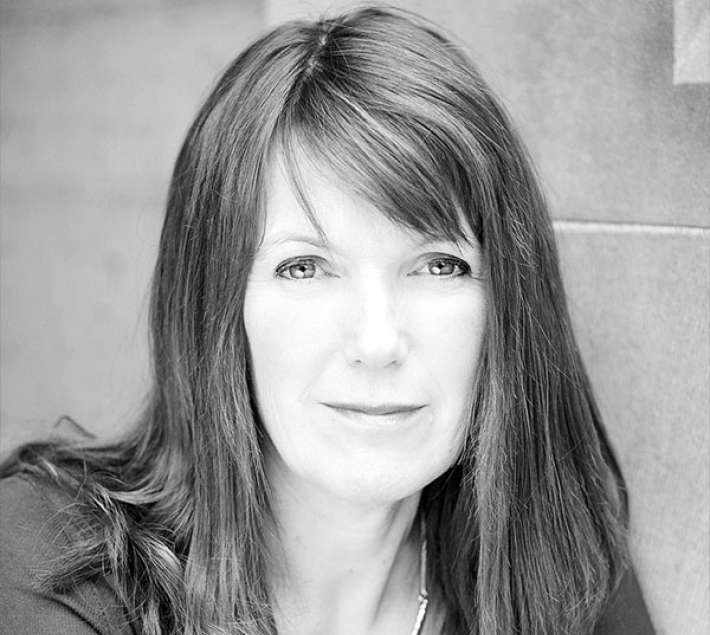An Impact podcast with Liz Wilson, created for the Impact leadership playbook.
At Impact, we like to say that self-awareness is the ability to notice yourself in the act of being yourself. It's also the starting point for leadership. But what do we actually mean by self-awareness? And how can leaders develop it?
“We all live in and work in communities, societies, organisations and families, and therefore everything we do in life is with and through other people. And in order to be able to build the relationships that mean that we can exist and function in those groups, we need to have some kind of self-awareness.”
Latest listen
In this mini podcast (17 mins), created exclusively for the Impact leadership playbook, Dan chats to Liz Wilson about self-awareness. Based in the English Lake District, Liz is a Senior Consultant at Impact UK and has been in the industry for more than 20 years. She is known for her creative mind, diligence, and commitment to continuous personal learning and development. With decades of experience, Liz is both a trusted client partner and a champion of innovative learning design.
What is self-awareness?
"We all live in and work in communities, societies, organisations and families, and therefore everything we do in life is with and through other people. And in order to be able to build the relationships that mean we can exist and function in those groups, we need to have some kind of self-awareness. So developing the capacity to see yourself from the outside and be aware of yourself enables you to understand, anticipate, and manage yourself, and therefore achieve perhaps better results in your relationships and with other people. It's fundamental to everything we're trying to do."
What can leaders do to develop their self-awareness?
"Being curious about yourself, noticing your own reactions, noticing your own feelings in a moment, your own physical reactions. For example, noticing if I'm flushing red or if I'm clenching my jaw, being more tuned into what my body is telling me, what my face is telling me.
And then, noticing other people's responses as well. Being interested in reviewing and reflecting. For example, 'I've just had a conversation with somebody, how did I behave in that conversation? What outcome did I get? How was that other person looking at me? Did they shut up very quickly because I kept interrupting them and wasn't good at listening? Did I do a good job of that?'
So, noticing in the moment, reflecting and reviewing afterwards, and by asking people – which isn't always an easy thing to do. Getting into the habit of saying, 'how did that go from your point of view?' Not always in a formal appraisal situation but just on a much more regular basis, asking 'how am I doing in this project?' What's it like working with me? What's going well for you? What do you notice about me?' And then helping people be comfortable giving me feedback."
Listen to the podcast on Spotify
This mini podcast was created for our leadership playbook, an interactive resource capturing 45 years of learning about leadership.
